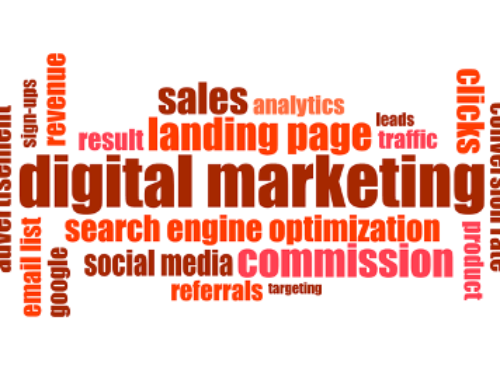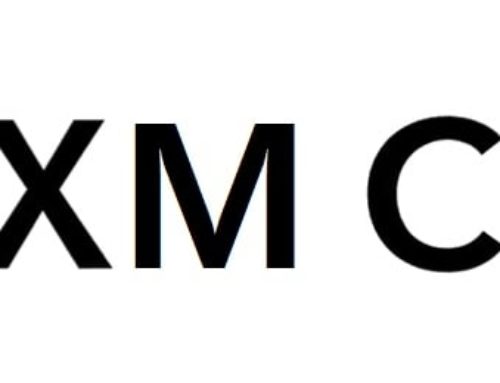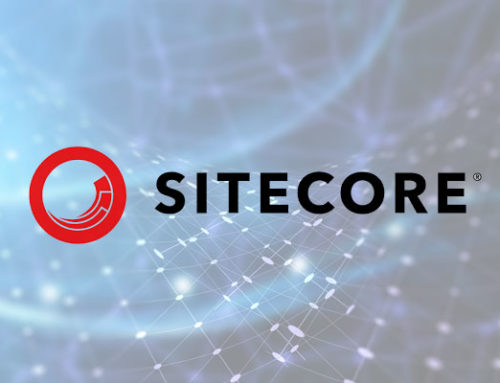Digital Marketing and Advertising: Understanding the Difference
In todays era of technology the field of marketing and advertising has undergone significant changes to adapt to the online world. While people often use the terms ” marketing” and “digital advertising” interchangeably they actually represent two distinct concepts. In this article we will explore the similarities and differences between marketing and digital advertising examining how both strategies can effectively reach your intended audience.
What is Digital Advertising?
Digital advertising is a subset of marketing that focuses specifically on online promotional efforts. It involves paying for advertisements to capture attention and promote your business across online platforms. Unlike forms of digital marketing digital advertising usually employs short promotional messages lasting between 15 to 30 seconds.
The primary goal of advertising is not only to provide essential information but also to increase brand awareness among consumers drive sales and effectively target your desired audience with relevant ads that encourage them to purchase your product or service. Some common examples of advertising include pay per click (PPC) ads, banner ads and video advertisements.
Digital advertising encompasses a range of tactics and channels such, as social media advertising, search engine marketing (SEM) and mobile advertising.
By leveraging the power of the internet as a platform for promoting your products, services, brand or company digital advertising allows you to reach an audience and achieve immediate outcomes.
What is Digital Marketing?
Digital marketing on the hand is a broader term encompassing various marketing endeavors carried out through electronic devices like computers, tablets and smartphones. It encompasses a range of strategies and techniques such as email marketing, search engine optimization (SEO) content marketing, social media marketing and more.
Unlike advertising that mainly focuses on capturing attention and driving short term sales results digital marketing aims to establish lasting connections with customers and drive long term conversions. Essentially it involves the planning, promotion and selling of products or services in the market.
The ultimate objective of marketing is to boost sales and revenue in the long run. While digital advertising certainly plays a role, in achieving short term sales growth digital marketing takes a comprehensive approach by concentrating on building brand awareness nurturing leads and fostering customer loyalty over time.
Key Similarities and Differences
To sum up succinctly; although intertwined concepts exist between digital advertising and digital marketing.Here’s a breakdown of the similarities and differences, between the two;
Similarities;
Both digital marketing and digital advertising make use of online platforms to promote products, services, brands or companies.
Both strategies aim to reach a target audience and drive sales.
Both digital marketing and digital advertising can be highly effective when implemented with the strategies and tactics.
Differences;
Digital advertising is a subset of marketing that specifically focuses on paid promotional messaging.
Digital advertising aims to capture attention and generate sales while digital marketing focuses on building relationships and driving long term conversions.
Digital marketing encompasses a range of strategies, including SEO, content marketing, social media marketing and email marketing. On the hand digital advertising primarily includes PPC ads, banner ads and video advertisements.
Ultimately while digital advertising can deliver results and boost short term sales digital marketing takes a more comprehensive and strategic approach to drive long term growth and success.
The Synergy of Digital Marketing and Advertising
Although they have roles and objectives combining digital marketing with digital advertising yields the best results.By combining the strengths of both approaches businesses can expand their reach connect with their target audience effectively and achieve conversion rates.
Here are some ways in which digital marketing and digital advertising can complement each other;
Targeted Advertising; Digital advertising enables you to focus on demographics, interests and behaviors ensuring that your ads are seen by the right audience. By utilizing data gathered through marketing efforts like customer profiles and engagement metrics you can refine your digital advertising campaigns for optimal outcomes.
Content Marketing; Content marketing lies at the heart of marketing as it involves creating and sharing valuable content to attract and engage your target audience. By incorporating advertising into your content marketing strategy you can amplify the visibility of your content increase brand exposure and drive traffic to your website or landing pages.
Conversion Optimization; marketing strategies like SEO and email marketing aim to improve conversions and nurture leads. By integrating advertising tactics such, as retargeting ads and personalized messaging you can enhance the effectiveness of your conversion optimization efforts. This approach allows you to reengage customers who have shown interest previously and encourage them to take action.
Data Driven Insights; Both digital marketing and digital advertising generate data and insights that inform your overall marketing strategy.
Analyzing the performance metrics of your advertising campaigns can provide valuable insights into customer behavior, preferences and trends. These insights can then be used to optimize your marketing efforts and enhance overall performance.
To summarize digital marketing and digital advertising are two yet interconnected strategies that play a vital role in todays digital landscape. While digital advertising focuses on capturing attention and driving short term sales digital marketing takes a holistic approach by aiming to establish relationships drive long term conversions and foster brand loyalty.
By integrating both marketing and digital advertising strategies businesses can leverage the strengths of each approach to maximize their reach engage with their target audience effectively and achieve meaningful results. Whether you’re overseeing a business or managing a large scale marketing campaign understanding the differences and synergies between these two strategies is crucial for success, in the dynamic world of digital marketing.

Are you interested in AI but don’t know where to start? Want to understand the role of an AI Architect? Check out our page and watch our informative video.





